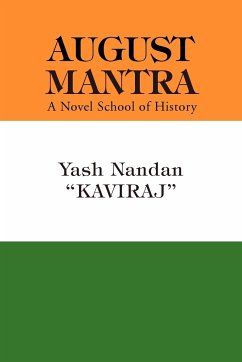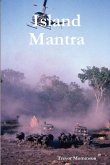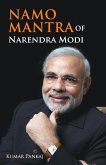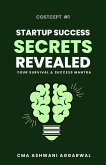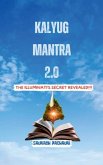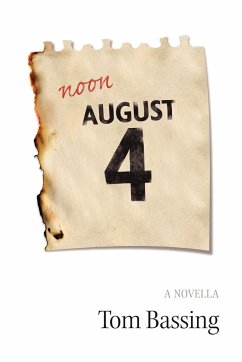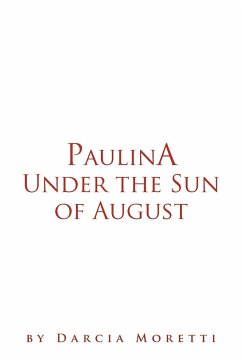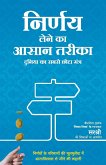August Mantra is the second in a series of autobiographical novels that began with Last Hindu Fortress; however, their reading is independent and the story line self-contained. India's independence and the creation of Pakistan were two historic events which took place in August, 1947; but, in fact, the entire subcontinent was plunged into what the poet and novelist Yash Nandan calls the Partition Holocaust, which he describes in this sweeping and evocative literary work. His remarkable account begins with the escape from their fortress at the Indus Valley frontier of Atman and Harigovind, two close friends who arrive in May, 1947, with their families at Kot Kapura. In this rural town in the Punjab hinterland of India, Atman and his brother Piyush become coolies at the train station to eke out a meager living. Their youngest brother Janshri is offered the job of editor of Libertyville, a newly-founded newspaper. Atman's older son Kabira leaves for New Delhi where he is offered a scholarship to continue his studies in creative writing, and his work on August Mantra. The family's friend, the astrologer Jadunath, who has achieved international fame, arrives in the capital city to change the course of history by manipulating leading politicians-Gandhi, Nehru, Mountbatten, and Jinnah-who are engaged in marathon negotiations on India's independence and its partition. Jadunath twists Mountbatten's arm through his vision of a bleak and tragic future if India was not awarded freedom soon, forcing him to chant the August Mantra of India's freed no later than August of that year, warning Mountbatten this will avoid a greater tragedy to befall the subcontinent. Nandan draws on his personal experience and the depth of knowledge to create a compelling story about a complex, fascinating epoch in Indian history.
Hinweis: Dieser Artikel kann nur an eine deutsche Lieferadresse ausgeliefert werden.
Hinweis: Dieser Artikel kann nur an eine deutsche Lieferadresse ausgeliefert werden.

